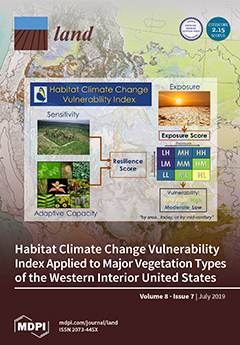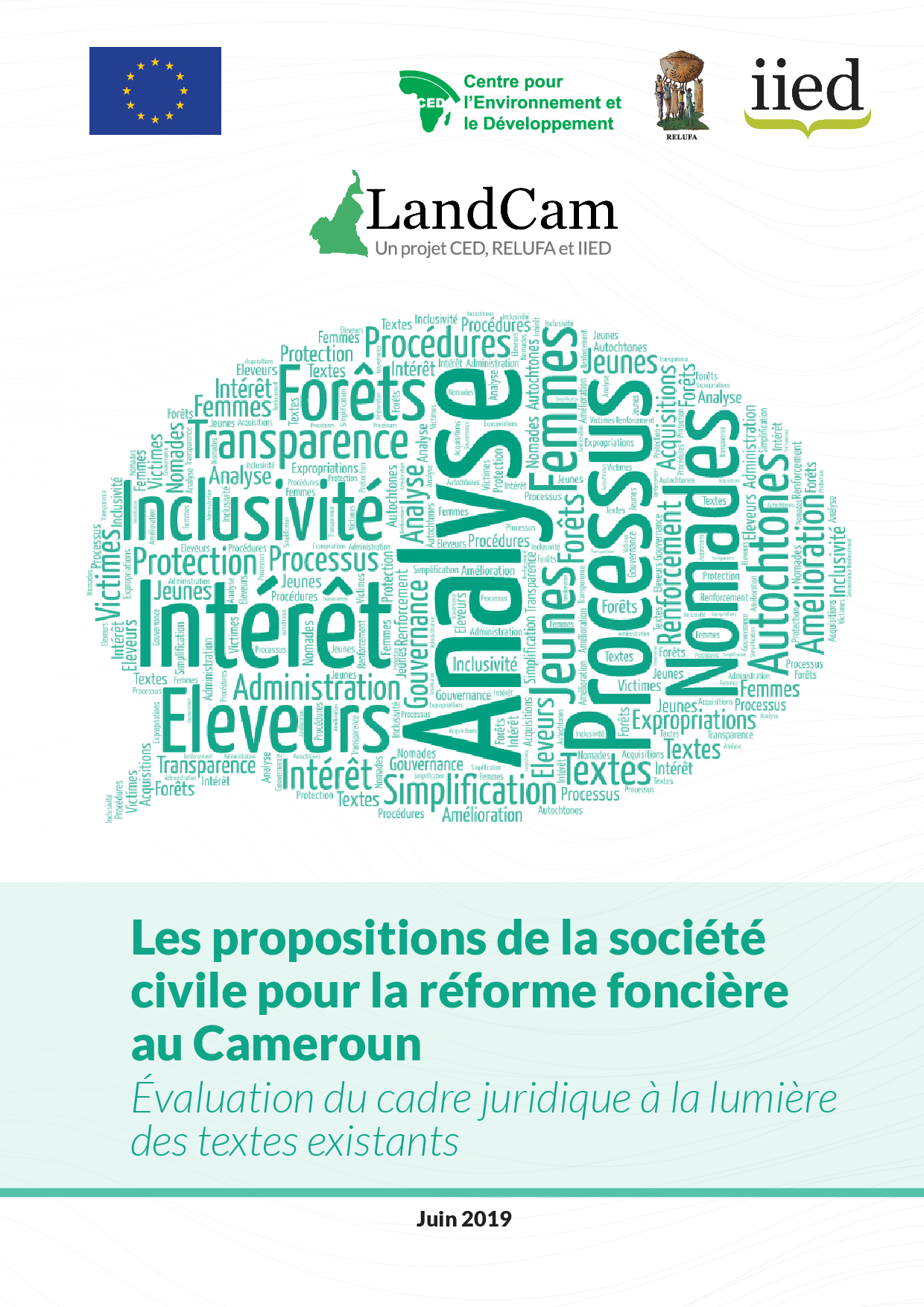Securing land rights in Cameroon: what hasn’t worked and what should be done
Thousands of families are being evicted from their farms to make way for foreign-owned farms in Kiryandongo;western Uganda. Three multinational companies – Agilis Partners;Kiryandongo Sugar Limited and Great Season SMC Limited – are involved in grabbing land;violently evicting people from their homes and causing untold humiliation and grief to thousands of farming families residing in Kiryandongo district.








